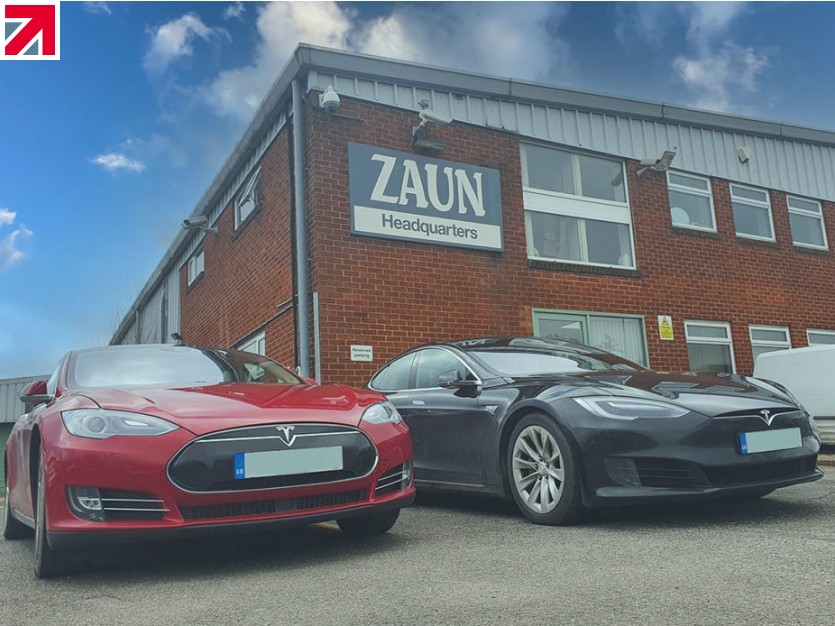There is an urgent need for us to reduce our carbon footprint. Business can and is playing a pivotal role in doing just that. The automotive industry currently accounts for 14% of the world’s total CO2 emissions. Half of all new vehicles that take to the roads every year are owned by businesses. There’s a recognition in the business community of their role in facilitating the change toward carbon-neutral transport.
Change is already happening, with some of the world’s biggest brands embracing the move towards a post-carbon future. Names such as IKEA, Hewlett Packard and Unilever have all signed up as founding signatories of EV100, a global initiative to accelerate the shift towards electric vehicles. By 2030, they predict, electric cars will be the “new normal”.
Carbon Footprint
To become more sustainable, it’s essential to reduce your company’s carbon footprint. With changes in regulations facilitating the shift, switching to an electric fleet should be a priority. Electric vehicles are an essential component of the global strategy to reduce our shared carbon footprint. A German study discovered that electric vehicles have a 43% lower carbon footprint than diesel vehicles over their lifetime. This difference is even more marked when batteries and other components for the electric vehicle are manufactured in places where there has been a significant scale shift towards low-carbon electricity generation. This is already the case with the manufacture of the Tesla Model 3, the world’s leading fleet electric vehicle.
Businesses set an example.
With consumers becoming increasingly aware of environmental priorities, companies that make a shift towards an electric fleet can positively impact shifting public opinion. They’re also likely to be rewarded with increased customer loyalty and a better brand profile. A recent survey by Centrica found that UK businesses are likely to spend £12bn on electric cars and vans over the next two years. The UK government has introduced a ban on the sale of new internal combustion engine vehicles by 2035 as a part of its strategy to reach a national carbon net-zero by the year 2050.
Zaun leads the way in the UK.
Zaun, one of the UK’s leading manufacturers of welded and woven mesh fencing, has already made the shift toward electric vehicles, replacing its existing diesel car fleet with Tesla Model 3 cars. This is seen as the right thing to do for the environment and makes sound business sense. An electric fleet is much more economical to run than its diesel equivalent, handing the significant business savings that Zaun can invest elsewhere. It’s also dramatically impacted Zaun’s carbon footprint, meaning the business is now much more sustainable than many of its competitors.
Reduce costs
As well as doing their bit to tackle the environmental crisis, companies that are switching to pure electric cars are discovering it gives them real cost benefits. Electricity is much cheaper to generate than diesel is to produce and then distribute to filling stations a saving which is then passed on to drivers. Not only are electric vehicles more cost-effective to run than diesel cars, but they are also cheaper to maintain. Simpler engines require minor repair, and as they help to stop the car, there’s far less wear and tear on brake pads.
Tesla is the electric car manufacturer of choice.
The Tesla Model 3 is the electric company car of choice for UK businesses. It already has a head start on its competitors by combining great looks, high-end tech, excellent performance, and a good battery range. The company has seen its share price rocket over the past few years, and with fast-growing demand from business for its vehicles, it’s not difficult to see why Zaun has invested.
Find out more about Zaun Ltd on their member profile page here
Member-created content 4 years ago | From members
